




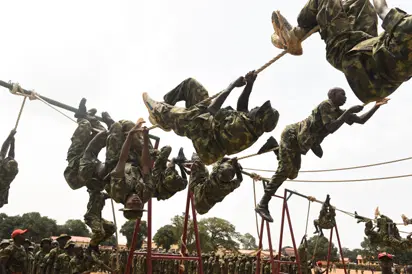



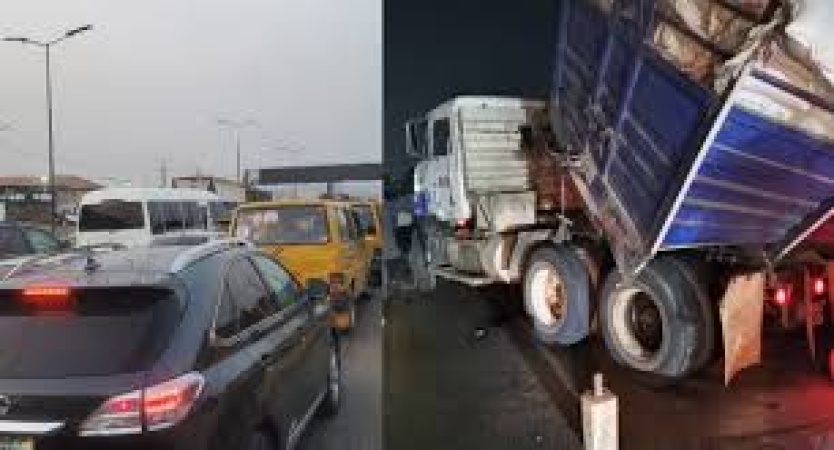


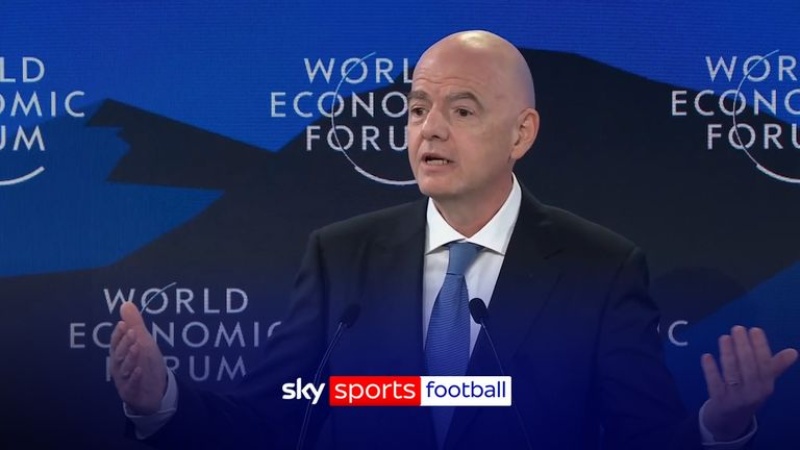


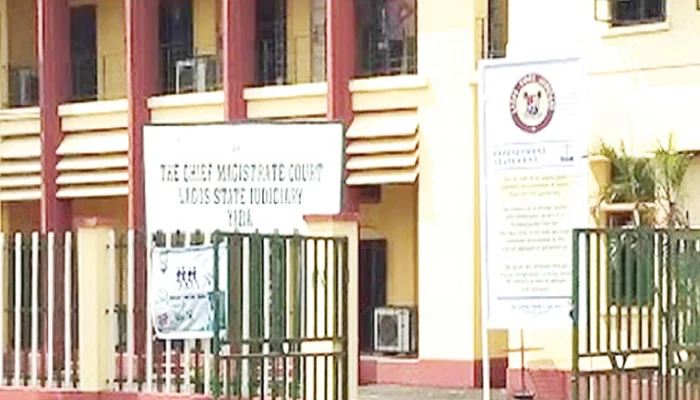

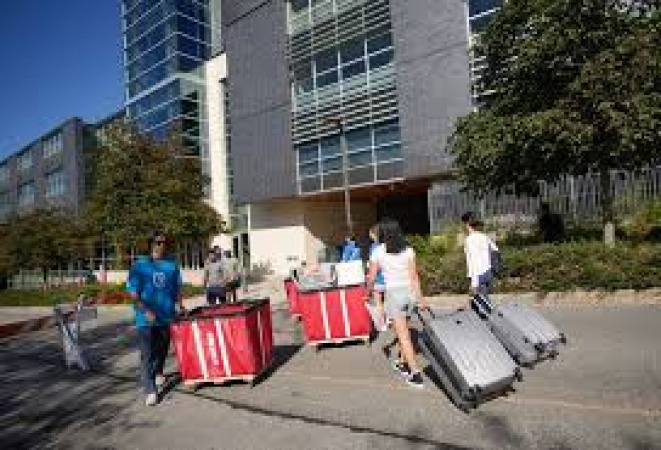
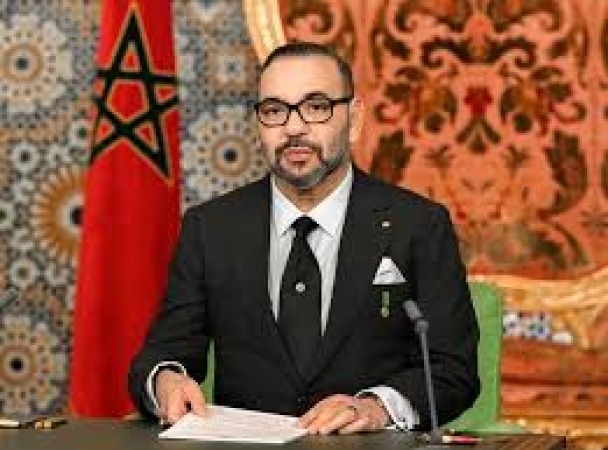
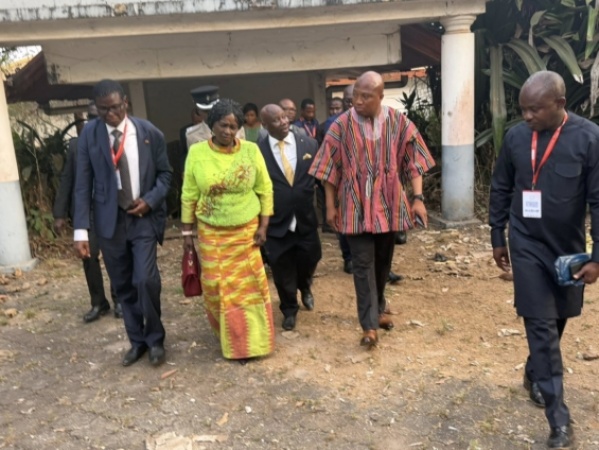


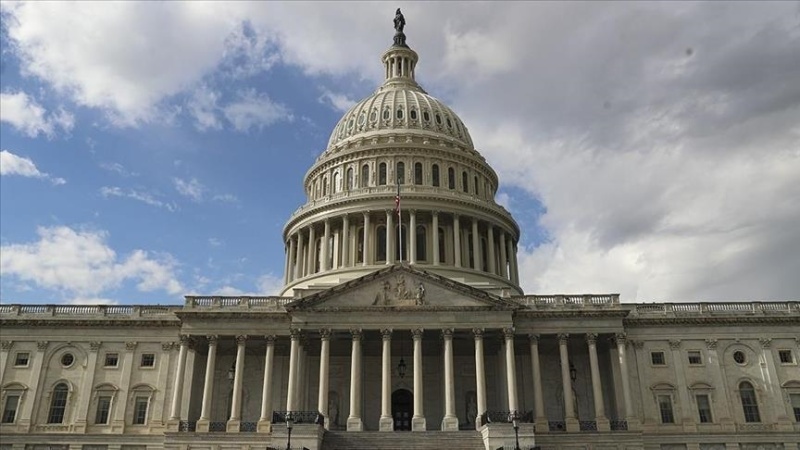
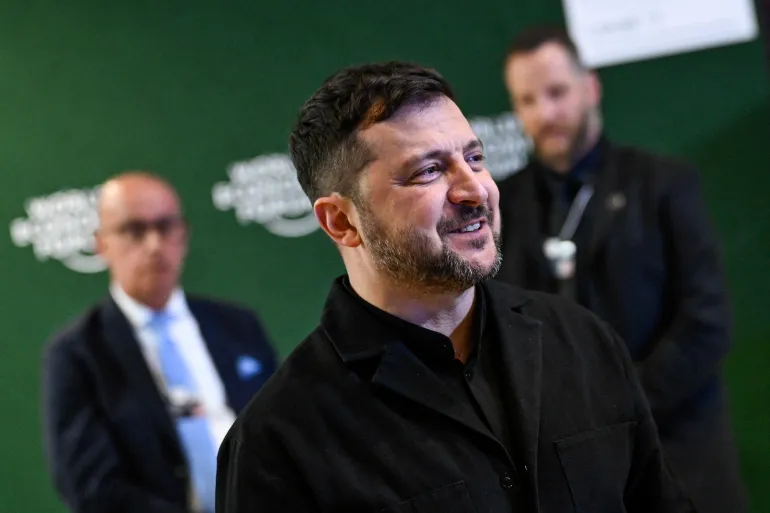
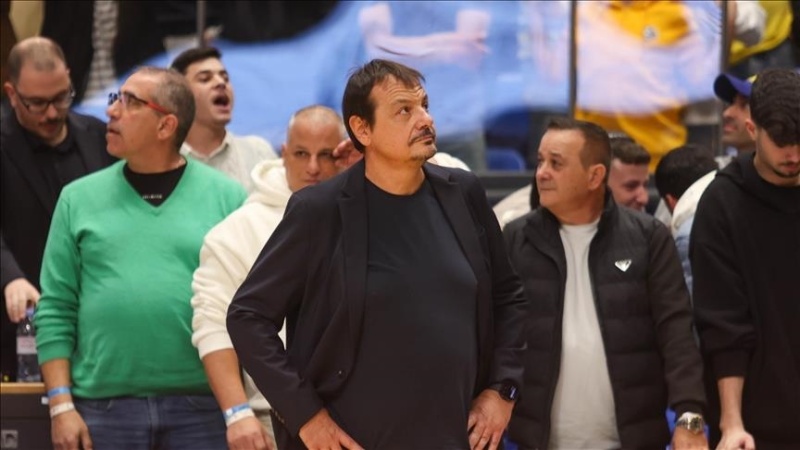
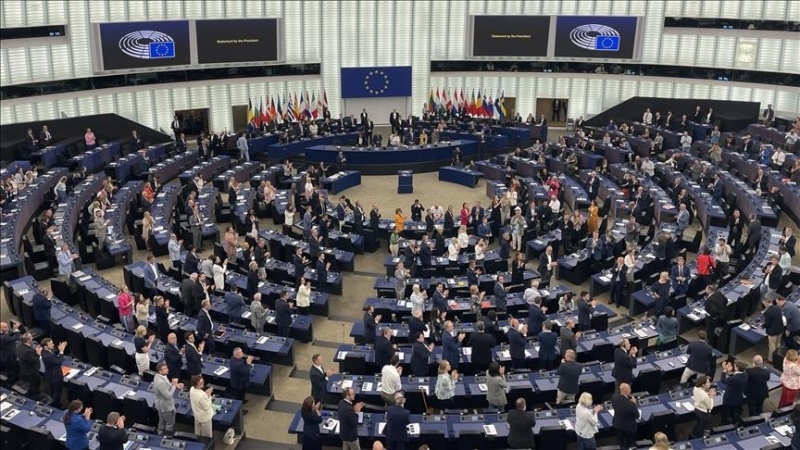
Loading banners


NEWS EXPRESS is Nigeria’s leading online newspaper. Published by Africa’s international award-winning journalist, Mr. Isaac Umunna, NEWS EXPRESS is Nigeria’s first truly professional online daily newspaper. It is published from Lagos, Nigeria’s economic and media hub, and has a provision for occasional special print editions. Thanks to our vast network of sources and dedicated team of professional journalists and contributors spread across Nigeria and overseas, NEWS EXPRESS has become synonymous with newsbreaks and exclusive stories from around the world.

The Correspondents Chapel of the Nigerian Union of Journalists (NUJ) yesterday urged the Federal Government to dredge the Escravos River in Delta State, as a necessary step to boost the operations of both the Kaduna Refinery and Petrochemical Company (KRPC) and Ajaokuta Steel Company (ASCL) in Kogi State.
They pointed out that the dredging of the Escravos River would make it possible for the KRPC to receive imported heavy crude oil processed into asphalt and lube products which are in dire need in the country.
The KRPC was built to process Nigeria sweet crude and sour (heavy) crude from overseas almost at 50-50 rates. But since 2011, the section that processes the heavy crude has not received any supply, thereby shutting that section of the plant.
The journalists called for urgent action in this regard in a statement signed by Mr. Luka Binniyat, Chairman, Correspondents Chapel, after a Capacity Building Workshop on Reporting Energy held yesterday at the Saminaka Hotel Resort, about 100 kilometres from Kaduna.
Read the statement: “As reporters, we are concerned that the inability of the Federal Government to dredge the Escravos River to the minimum limit that allows for foreign heavy crude to sail to its Import Berth Platform at Escravos, Delta State, has stalled the functioning of a significant capacity of the KRPC from producing some key products such as asphalt for tarring roads,lube oils and other array of products.
“Apart being the most important single problem facing the production of the aforementioned bproducts, the Escravos berthing platform if it remains inaccessible to big vessels, the blastfurnace at Ajaokuta Steel Company (ASCL) in Kogi State cannot come into operation, after Nigeria has invested not less than $10bn US dollars over a 35-year period to bring it to almost 92% completion.
“This is because the blast furnace technology does not create room for the switching off system for at least an average period of 15 years. The equivalent of 1,500 huge truck loads of coking coke must be fed the blast furnace 24 hours per day round the weeks, months and years. Nigeria does not have coking coal for producing steel.
“Only when the Escravos is dredged with ongoing dredging of the Niger to allow in big coking coke-bearing vessels to the harbour of the ASCL in Kogi can the steel plant start production.
“We believe that with a fully functioning KRPC and ASCL, most of the anti-social happenings that we have no choice than to report will be reduced as thousands of idle youth would find work to do, instead of deploying their energy to negative uses.
“The Kaduna State Chapter of the Correspondents Chapel also wishes to praise the ingenuity of the present management of the KRPC for using Nigerian engineers to carry out cost-saving repairs and rehabilitation of the refinery, which has greatly helped in making the refinery to be producing about 2.5 million litres of petrol per day, including diesel and limited amount of kerosene.
“We also wish to praise the KRPC for its role in training not less than 405 youths and empowering them under the Youth Empowerment and Skills Acquisition Programme (YESA) and providing with funds and materials to start their businesses, apart from providing boreholes, renovating schools and giving medical support to its souring communities. That also includes the furnishing of our newly acquired Chapel office in Kaduna.”
•Photo shows a section of Kaduna Refinery.